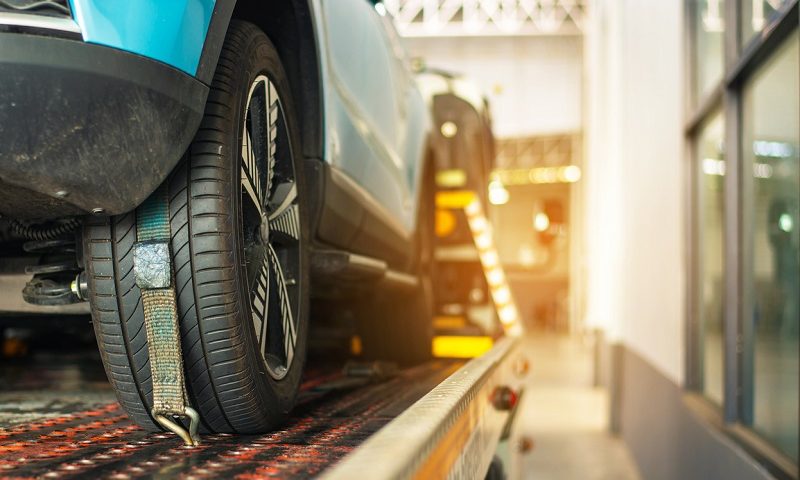Supply chain issues causing car repair delays

Been involved in a car accident recently and need to get your vehicle repaired? Well, you may be faced with a long wait time.
Issues with the UK’s supply chain have meant car manufacturers are struggling to keep up with demand and are unable to produce or get their hands on many of the car parts they need.
Discover exactly what this means for you and your claims process.
More than one cause
The Covid-19 pandemic, the Russia and Ukraine conflict, and a shortage of skilled labour have all created issues for the UK’s supply chain.
Key manufacturing and logistics centres in China were forced to close during the pandemic, and this, combined with other events, restricted the production and supply of car parts into the UK market.
This has led to a global shortage of semiconductors (microchips) and other car parts which are usually ordered from overseas – today’s vehicles can be fitted with more than 1,000 microchips, which can be found in anything from the bumpers to the wing mirror.
As a result, mechanics are having to deal with long wait times for car parts to be delivered, which in turn means extra wait times for you and your car.
In normal circumstances, you may have been given a courtesy car if your own vehicle had been involved in an accident and needed to be fixed. Now, however, delays within the supply chain mean it’s difficult to provide courtesy cars to all drivers who need one.
So, if you need to get your car repaired, it’s worth asking your mechanic (and others) how long the wait time is likely to be so you can be prepared.
We at 1st CENTRAL are also dedicated to helping our customers. If you’ve had to make a claim and your car needs repairing, we’re working with our repairers and customers to find alternative solutions to the supply chain problem. Such solutions include mobile repair, the use of green parts, providing a hire car and constructive total losses to help our customers with getting back on the road as quickly as possible.
Long wait times all around
The UK’s supply chain issues are impacting more than just car repairs.
If you’re hoping to get your hands on a brand-new vehicle, be prepared to wait a while as well.
According to the Society of Motor Manufacturers and Traders (SMMT), new car registrations in July 2022 fell 9% from July 2021 to 112,162 vehicles, as shortages continued to hamper carmakers’ ability to fulfil orders.
The SMMT has therefore lowered its sales forecast for 2023 to 1.89million, down from 2.02million.
Do you think your gender impacts how much you’re having to pay for car repairs? Read to discover what one survey found.


